The Innocence Project
Using the power of DNA science to help exonerate the innocent
Ohio Freedom Cases
The Ohio Innocence Project—run by the University Of Cincinnati School Of Law—works tirelessly to help free Ohio prison convicts who may have been wrongly incarcerated. Since 2006, the DDC forensics team has provided DNA-testing services free of charge to this life-changing organization. Here are a few of their stories.
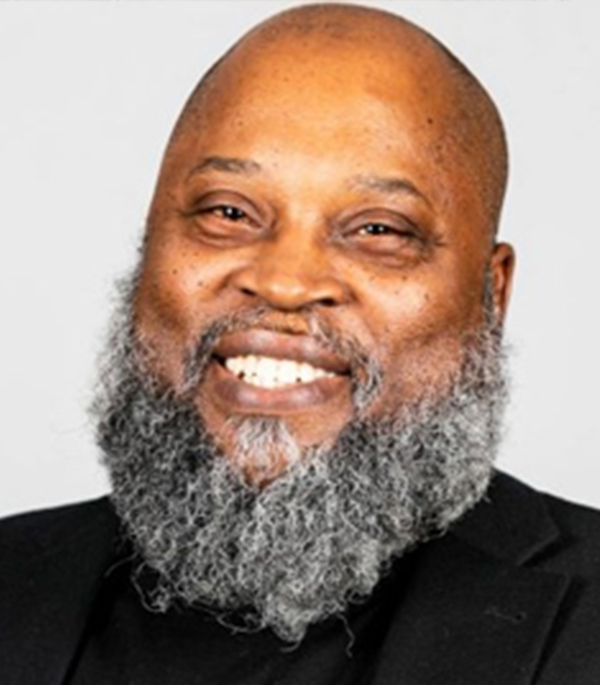
Raymond Towler
Time Served: 29 Years
A routine traffic stop proved costly to Raymond Towler when he was identified as matching the suspect’s description for the horrific assault and rape of two children in a Cleveland Park.
Despite a lack of evidence and a corroborated alibi, Mr. Towler was convicted of the crimes and sentenced to 12-40 years due to the young age of the victims. Despite three earlier attempts to prove his innocence using DNA testing, a breakthrough occurred when DDC Forensics was able to demonstrate that male DNA from one of the victims’ underwear excluded Mr. Towler as the perpetrator.
Mistaken identification during a photo lineup put him in prison, but the power of DNA science freed him. An Ohio judge choked back tears as she ordered Mr. Towler’s release on May 5, 2010. After nearly three decades behind bars for crimes he did not commit at the age of 24, he was exonerated and became a free man at the age of 52.

Dewey Jones
Time Served: 9 Years
Dewey Jones was convicted of robbing and killing 71-year old Neal Rankin, a family friend, at Rankin’s Akron home in 1993. While Jones had prior convictions related to drug trafficking and passing bad checks, he always maintained his innocence in Rankin’s murder.
In early 2012, the Forensics Team at DNA Diagnostics Center released its findings from the laboratory tests conducted on crime-scene DNA evidence. A partial male DNA profile was found on the piece of rope used to tie Rankin’s wrists, the knife used to cut the rope, and pieces of Rankin’s shirtsleeves. None of the DNA matched Jones’ DNA.
In 2012, Summit County Judge Mary Margaret Rowland overturned the conviction and granted a new trial. After two more years of legal proceedings, Jones’ charges for aggravated murder, kidnapping, and robbery were dismissed and he became a free man.
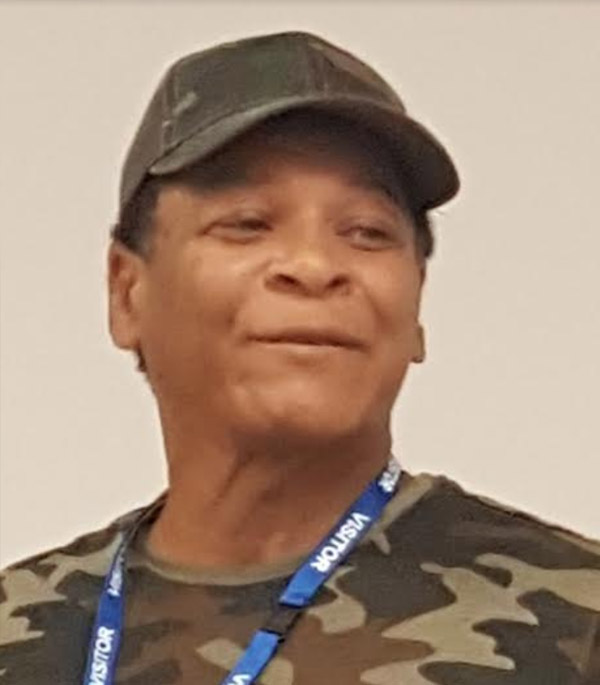
Robert McClendon
Time Served: 18 Years
Robert McClendon always maintained he did not commit the crime of which he was accused. DNA testing performed by the forensics team at DDC enabled inmate McClendon to walk out of the Franklin County Courthouse a free man.
McClendon’s incarceration was 1 of 30 cases in Ohio that were identified to have “legitimate claims of innocence” in a joint investigation conducted by The Columbus Dispatch and the Ohio Innocence Project. Of these, 14 were approved for DNA testing by the presiding judges and county prosecutor’s offices.
In McClendon’s case, DDC’s forensic laboratory tested evidence submitted by the prosecutor. After traces of semen were found, a Y-STR DNA test was performed, which generates a DNA profile from the Y chromosome (found only in males). A comparison to the Y-STR profile from McClendon revealed that he could not have been the source of the DNA from the semen stain.
Nationwide Freedom Cases
In addition to its pro bono work for the Ohio Innocence Project, the DDC forensics team provides DNA testing services to multiple Innocence Project organizations across the United States. It’s an important reminder that DNA doesn’t just help to convict the guilty—it also helps to free the innocent. Here are some of the cases helped by DDC.
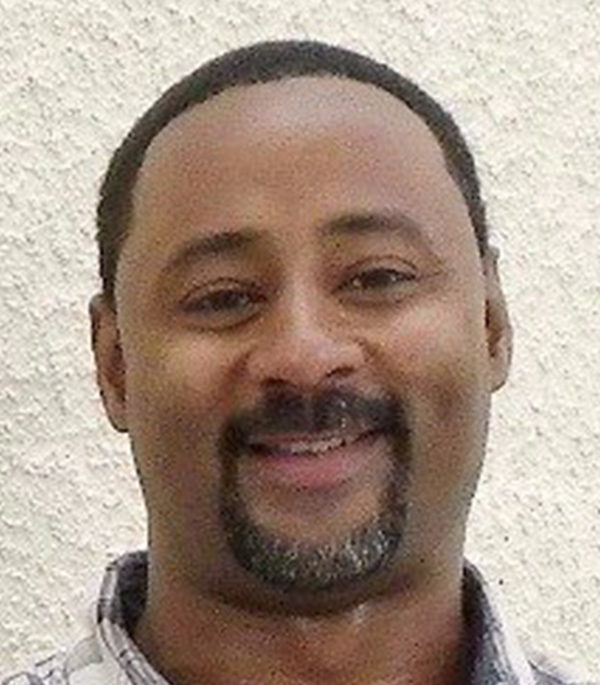
Cheydrick Britt
Time Served: 9 Years
“DNA testing is a powerful tool to help uncover the truth, and its value is especially evident in cases like this where it helps a wrongfully-convicted man be set free,” said Dr. Julie Heinig, leader of the DDC Forensics team.
Mr. Britt rejoiced, “I would like to thank Dr. Heinig and her entire staff for the tireless efforts in pursuing justice. My family and I greatly appreciate their services and patience that they have showed in my case, and I am very proud of their work.”
Mr. Britt’s legal team, including attorneys with the Innocence Project Florida, meticulously reviewed and worked through the original testing files and requested testing. DNA testing conducted by DDC identified a DNA profile on the victim’s underwear that excluded Mr. Britt. He was released from incarceration shortly before Christmas.
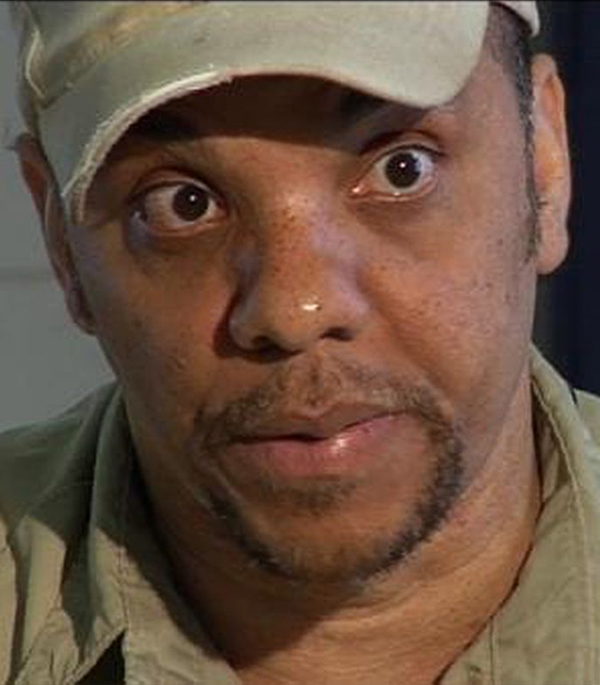
Kerry Porter
Time Served: 14 Years
Melanie Lowe, an attorney with the Kentucky Innocence Project worked on Mr. Porter’s case for five years prior to contacting the DDC Forensics team to request forensic testing on previously-untested evidence: duct tape used to make a homemade gun silencer found at the crime scene.
DNA analysis of this key piece of evidence excluded Kerry Porter as a contributor to the genetic material identified on the duct tape. The Louisville Metro Police Department’s cold-case unit worked closely with the Innocence Project and was also instrumental in the dismissal of charges and Mr. Porter’s exoneration.
Mr. Porter was released from the Eastern Kentucky Correctional Complex around Christmastime in 2011 after wrongfully serving 14 years. His story is another example of how post-conviction DNA analysis, which often includes testing severely degraded or difficult samples, can free the innocent and change a life forever.
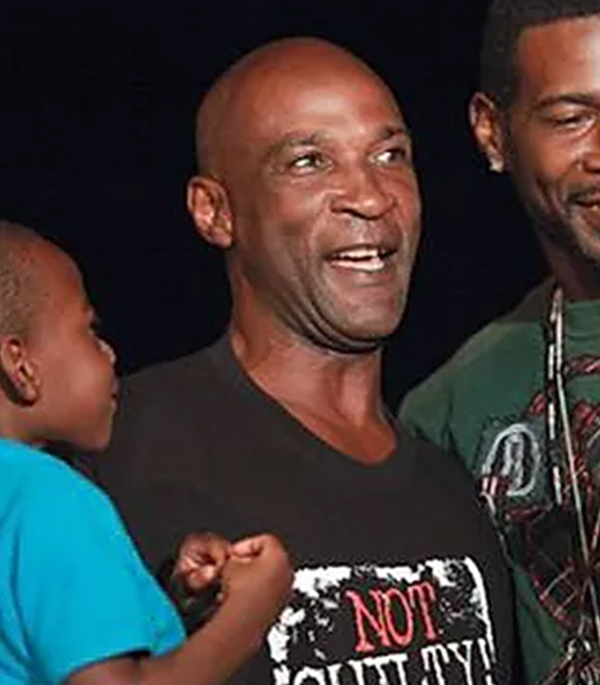
Derrick Williams
Time Served: 18 Years
On the night she was kidnapped and assaulted in an orange grove near her home, a woman managed to get away from her attacker while he was distracted and drove away in his car, leaving him behind. The car still contained his t-shirt, as well as a white cloth he’d been holding.
Inexplicably, most of the evidence collected at the time of the crime, including a rape kit, was destroyed by the Manatee County Sheriff’s Office. Ultimately, Mr. Williams was convicted of the crimes, largely based on being chosen from a photo lineup. He served 18 years before his defense team with Innocence Project Florida worked to free him. Part of that process was contacting DDC to perform DNA testing.
The DDC Forensics team was able to exclude Mr. Williams through DNA analysis on one of the few remaining pieces of evidence that had not been destroyed: the t-shirt from the assailant’s car, and after nearly two decades in prison, Mr. Williams’ conviction was vacated.
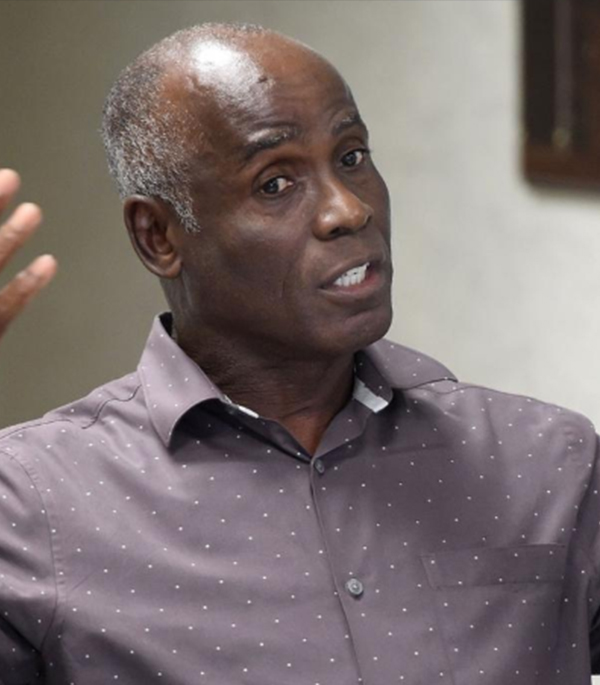
James Bain
Time Served: 35 Years
In 1974, a nine-year-old boy who had been sleeping at home was dragged to a baseball field and raped. Despite Mr. Bain’s alibi and conflicting serological evidence, he was convicted and sentenced to life in prison. The prosecution’s case rested largely on the young victim’s identification of Bain in a photo lineup.
In 2001, Mr. Bain took advantage of a new statute making it possible for certain cases to be reopened for DNA testing and filed motions with the court. He was denied five times. With the help of with Innocence Project Florida and Public Defender Bob Young, DNA testing by the DDC Forensics team took place in 2009. Analysis of the DNA on the boy’s underwear excluded Mr. Bain, and he was ultimately exonerated.
Bain isn’t angry about spending 35 years of his life in prison for a horrific crime he didn’t commit. “How can I be?” he told the press. “You can’t go back.” Since his release, Bain has been a leading advocate for the innocence movement and shares his story with students across the country.
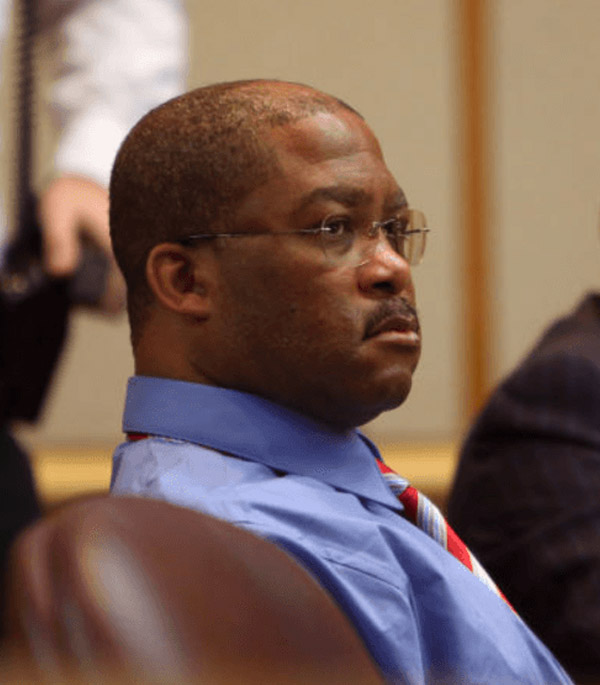
Ralph Daniel Wright, Jr.
Time Served: 9 Years
On July 6, 2007, Paula O’Conner and her 15-month-old son Alijah were found deceased in their Tampa, Florida home. The mother had been strangled and her baby had been suffocated. Ralph Wright Jr., then an Air Force sergeant stationed nearby, was O’Conner’s boyfriend at the time, came under suspicion, and was charged with two counts of first-degree murder.
There had been disagreement between Wright and O’Conner over whether or not Alijah was Wright’s biological child, and in addition to this motive, the state’s case also focused on a single black glove that was at the crime scene. That glove was the same type issued for Wright’s military unit, but DNA testing by DDC could not match the glove to Wright nor could it be absolutely determined whether or not that glove actually came from Wright’s Air Force base.
Despite the lack of forensic evidence, Wright was found guilty on both murder counts and sentenced to death in 2014. The convictions were appealed to the Florida State Supreme Court. Based on many factors, including the results of the DNA testing performed by DDC, in May of 2017 the court unanimously vacated Wright’s conviction for the murders, ruling that the evidence against him was “purely circumstantial.”
DNA Diagnostics Center strives to help others and give back to the community.
Legal and law enforcement professionals regularly contact our team of forensic scientists to assist them on the most difficult cases. DDC has developed a reputation as an unbiased, independent resource for both defense and prosecution. As a company, we have chosen to offer our forensic expertise and services free of charge in our home state of Ohio to serve its citizens who may have been wrongly convicted and could benefit from technological developments in DNA testing.
Solving crimes using DNA evidence, whether working with law enforcement to correctly identify a suspect or helping to free those wrongly convicted, involves complicated testing of materials and substances in various states of decay. The forensics team at DDC uses state-of-the-art methods to continually advance the science and to help to ensure the correct outcome. We are proud of our contributions to the state of Ohio criminal justice system as well as the other Innocence Projects around the country where DDC has assisted in the pursuit of truth.
Reach Us
Need DNA testing performed for Innocence Project? Contact our forensics team.
DNA Technology Park
1 DDC Way
Fairfield, OH 45014